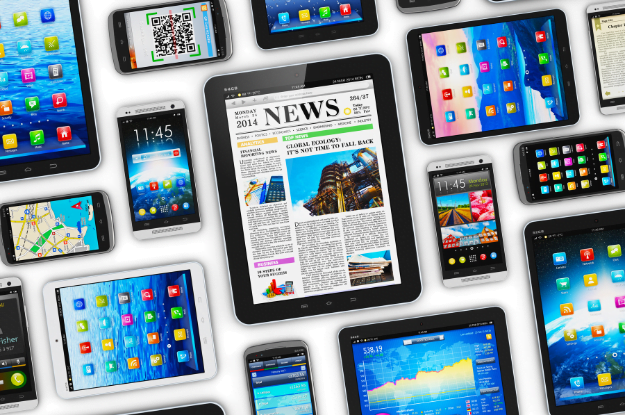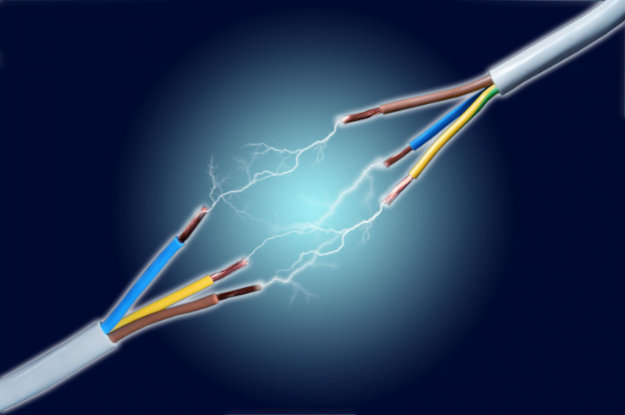Technology’s development has been an incredible journey that has changed how we live, work, and communicate. Starting with stone tools and fire to the invention of wheels and printing presses, and later computers and smartphones, technology has advanced exponentially throughout history. Recent decades have witnessed unprecedented technological progress, with breakthroughs and innovations emerging at an astonishingly rapid rate. Today’s world is more connected and digitalized than ever, with technologies like artificial intelligence, virtual/augmented reality, and IoT making life increasingly complex and digital. As we push the limits of what’s possible, it is essential to reflect back and recognize our progress. Join me on a tour through the history and development of technology from its inception until today – uncovering its profound effects on our world!
Electricity and Electronics
The late 19th and early 20th centuries saw an explosion of electricity and electronic technology. Thomas Edison invented the first practical incandescent light bulb in 1879, which revolutionized our homes and workplaces; telephone and radio communication then transformed communication across long distances; the telephone also played an essential role.
In 1947, the invention of the transistor launched modern electronics. Transistors are tiny electronic devices used as switches or amplifiers and form the building blocks of modern computers and other electronic devices. When computers first appeared, they were expensive machines primarily used for scientific or military research. Still, with microprocessor technology becoming mainstream, computers became smaller, cheaper, and more accessible to general populations.
The Computer and Its Impact on Technology

The Computer’s Impact on Technology Computers has had an immense effect on technology and society. Their introduction in 1975 revolutionized work, communication, and information access – as was evident with Altair 8800 being introduced as the first personal computer ever. Although primitive by today’s standards, this machine opened the way for subsequent advances like Linux-based computers that have since followed suit.
In the 1980s and 90s, personal computers became more powerful and affordable, and the Internet emerged as a global network. Tim Berners-Lee invented the World Wide Web in 1989 so people around the globe could access information easily.
With social media, smartphones, and other mobile devices becoming ubiquitous in our daily lives, the Internet has become more easily accessible and integrated into everyday activities – transforming how we communicate, shop, and consume media.
The Internet and Its Impact on Communication and Technology
The Internet has had a profound impact on communication and technology. It has made it possible to connect with people all over the world, share information, and collaborate on projects. In addition, the rise of social media platforms like Facebook, Twitter, and Instagram has transformed the way we interact with each other and consume media.
The Internet has also given rise to new forms of entertainment, such as online gaming, streaming services, and e-sports. These new forms of entertainment have become increasingly popular, particularly among younger generations.
The Internet has also enabled the rise of e-commerce, which has transformed the way we shop and do business. Online marketplaces like Amazon and eBay have made it possible to buy and sell goods from anywhere in the world.
Even the gambling industry was greatly affected by the Internet. Today, bettors can access a huge number of lotteries and casino games from their homes. Thus, they can buy Mega Millions lottery tickets, for instance, without the need to travel anywhere.
Mobile Technology and Its Impact on Society
Mobile technology has had a profound impact on society. Smartphones and tablets have become ubiquitous, and many people now rely on them for communication, entertainment, and work.
Mobile devices have made it possible to stay connected with friends and family, no matter where they are in the world. They have also enabled new forms of communication, such as video conferencing and instant messaging.
Mobile technology has also transformed the way we consume media. Streaming services like Netflix and Hulu have made it possible to watch movies and TV shows on the go. At the same time, social media platforms like TikTok and Instagram have given rise to new forms of user-generated content.
The Future of Technology: AI, nanotechnology and Beyond
Future technology holds numerous promises. One area of research that holds great promise is artificial intelligence (AI), which has the power to transform our daily lives, work lives, and communication methods. AI refers to machines that learn like humans do so that they can perform complex tasks while making informed decisions on their own.
Other areas of research include biotechnology, nanotechnology, and quantum computing. Biotechnology could change medicine and agriculture, while nanotechnology may transform manufacturing and energy production. Finally, quantum computing offers us an avenue for solving complex problems beyond the capacity of traditional computers.
Conclusion
Technology’s evolution is an extraordinary tale, revolutionizing our daily lives, from stone tools and fire, through wheel invention, printing press invention, and computerization, all the way up to smartphones today. Since ancient Egypt had access to metal tools and fire, and through centuries of innovation like computerization and smartphone innovation. However, it seems that this is only the beginning, as new technologies emerge year after year.




